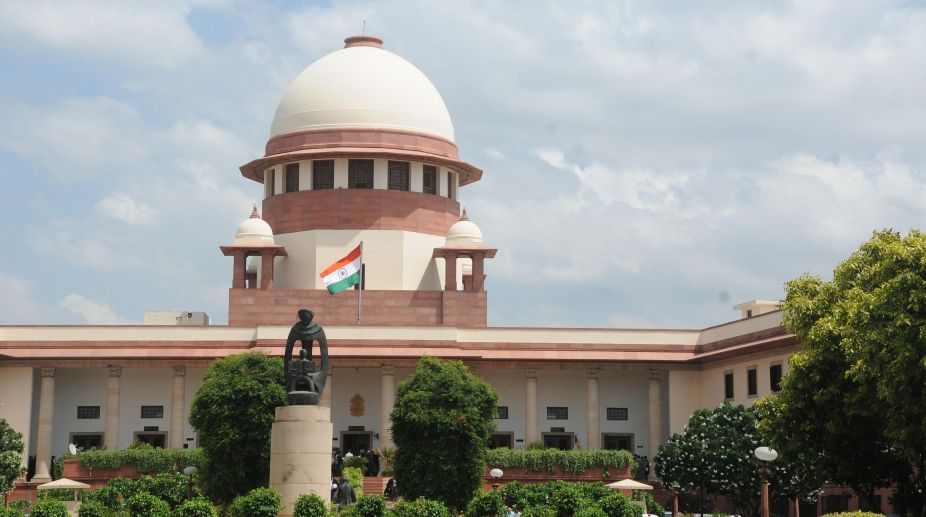India’s Got Latent: SC issues notice on YouTuber Ashish Chanchlani’s plea against FIRs
SC issues notice on YouTuber Ashish Chanchlani’s plea to quash or transfer FIR in India’s Got Latent case; tagged with Ranveer Allahabadia’s petition.

Supreme Court of India (Photo: Facebook)
To the layman it might appear amusing that even as the judiciary uses every opportunity to express its own authority, a Bench of the Supreme Court should desire parliamentary action to curb one of the legal system’s most thorny issues ~ the huge fees demanded by top lawyers. A reality check would, however, confirm that the “division of powers” precludes the judiciary from acting in the matter. And despite anything the Bar may say, legal practitioners are no different from others in declining to respond to “persuasive power” when their own interests are involved.
While wealthy politicians and officials make pretence to simple living and try to avoid ugly ostentation, lawyers have no hypocritical qualms of conscience ~ as would be confirmed by a walk through the parking lots at the apex court and High Courts. Only the naïve will believe that the “fascination with the law” is what triggers the rush for admissions at law colleges, these are indeed “commercial” times.
Advertisement
The motivation behind the order of Justices Adarsh K Goel and UU Lalit was not rooted in the unstated envy judges have for well-heeled lawyers who “appear” before them: when they sought parliamentary action they raised the query that has long-plagued those of moderate means ~ is the system skewed in favour of only those rich enough to engage “top” Counsel?
Advertisement
“Undoubtedly, the legal profession is the major component of the justice delivery system and has a significant role to play in upholding the rule of law. Significance of the profession is on account of its role in providing access to justice and assisting citizens in securing their fundamental and other rights. Can justice be secured with legal professionals failing to uphold professional ethics?” the Bench asked.
Dubbing the fees charged by some lawyers as “astronomical”, it proceeded to recommend that a law be enacted to prescribe “floor and ceiling” limits for advocates’ fees. Their Lordships also came down heavily on those lawyers who insisted on their share of whatever financial “compensation” their clients were awarded by judicial orders.
It was, however, no fresh ground that the Bench was breaking. The court drew attention to earlier recommendations of the Law Commission which has called for a regulatory mechanism for the legal profession and for maintaining “irreducible minimum standards of the profession for ensuring accountability of the legal profession.”
Referring to lawyers’ fees as a barrier to access to justice, the Commission had said in a report submitted in 1988 that it was the duty of Parliament to prescribe fee for services rendered by members of the legal profession. With the present Law minister now making no secret of being on a collision course with his parent profession, will he set about putting a financial “cap” on those wearing black gowns?
Advertisement